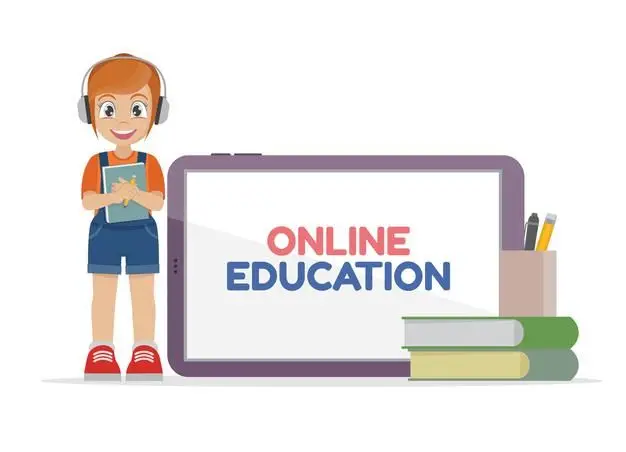
Learning for kids is a foundational aspect of their development, shaping not only their academic abilities but also their social, emotional, and cognitive skills. In today’s rapidly changing world, fostering a love for learning from an early age is more crucial than ever. This article explores the importance and benefits of learning for kids, highlighting effective strategies and the role of technology in enhancing their educational experiences.
Cognitive Development:
Social and Emotional Growth:
Building a Strong Foundation:
Academic Achievement:
Boosting Confidence and Self-Esteem:
Cultivating Curiosity and Creativity:
Improving Attention and Discipline:
Enhancing Emotional Intelligence:
Interactive and Hands-On Learning:
Storytelling and Reading:
Technology Integration:
Positive Reinforcement:
Parental Involvement:
Accessibility to Information:
Personalized Learning:
Interactive Learning Tools:
Global Connectivity:
Learning for kids is a multifaceted process that significantly influences their overall development. By creating supportive, engaging, and stimulating learning environments, we can help children build strong academic foundations, develop critical life skills, and cultivate a lifelong love for learning. Embracing effective strategies and leveraging technology will further enhance their educational experiences, preparing them for a successful future.
